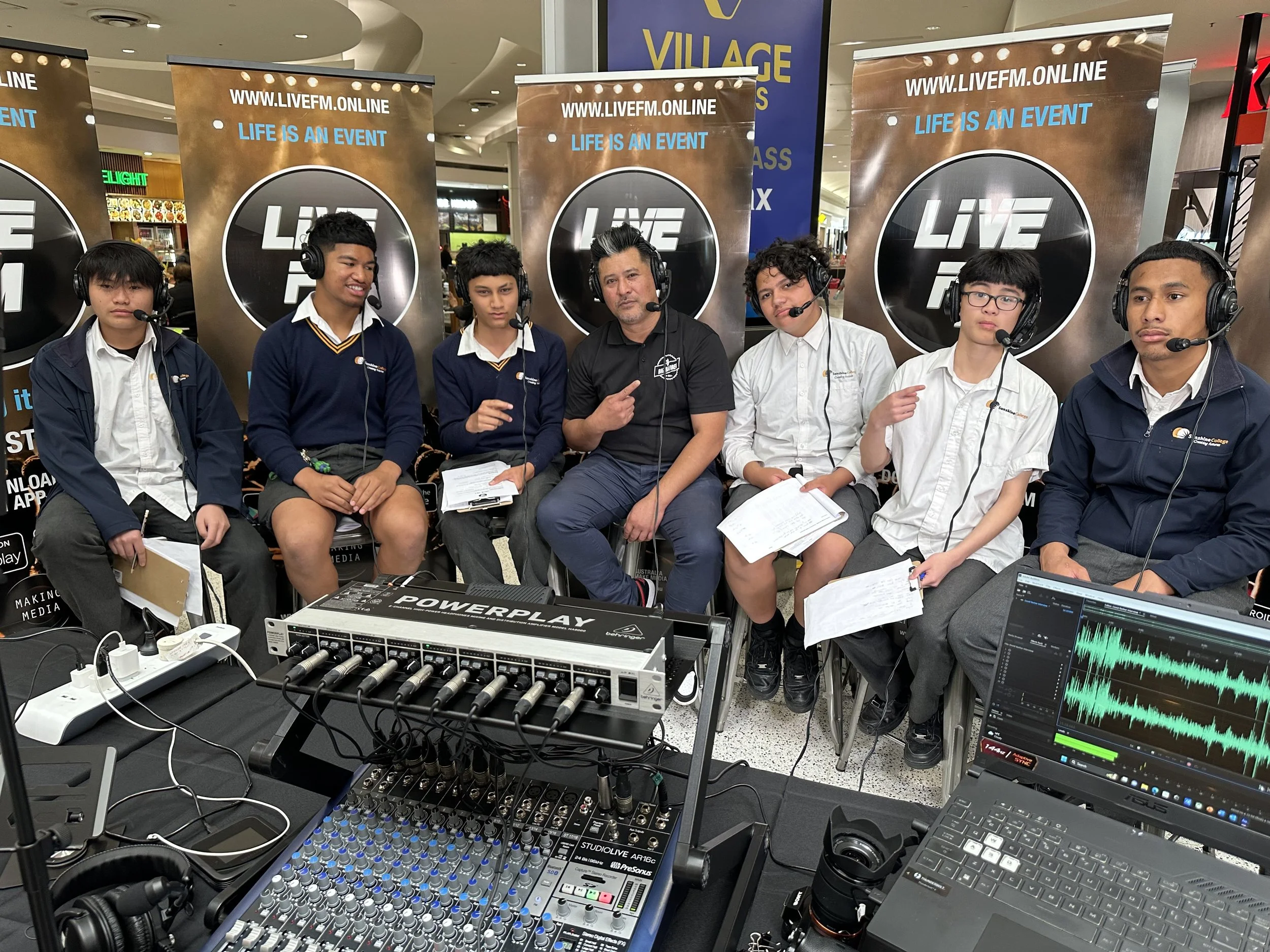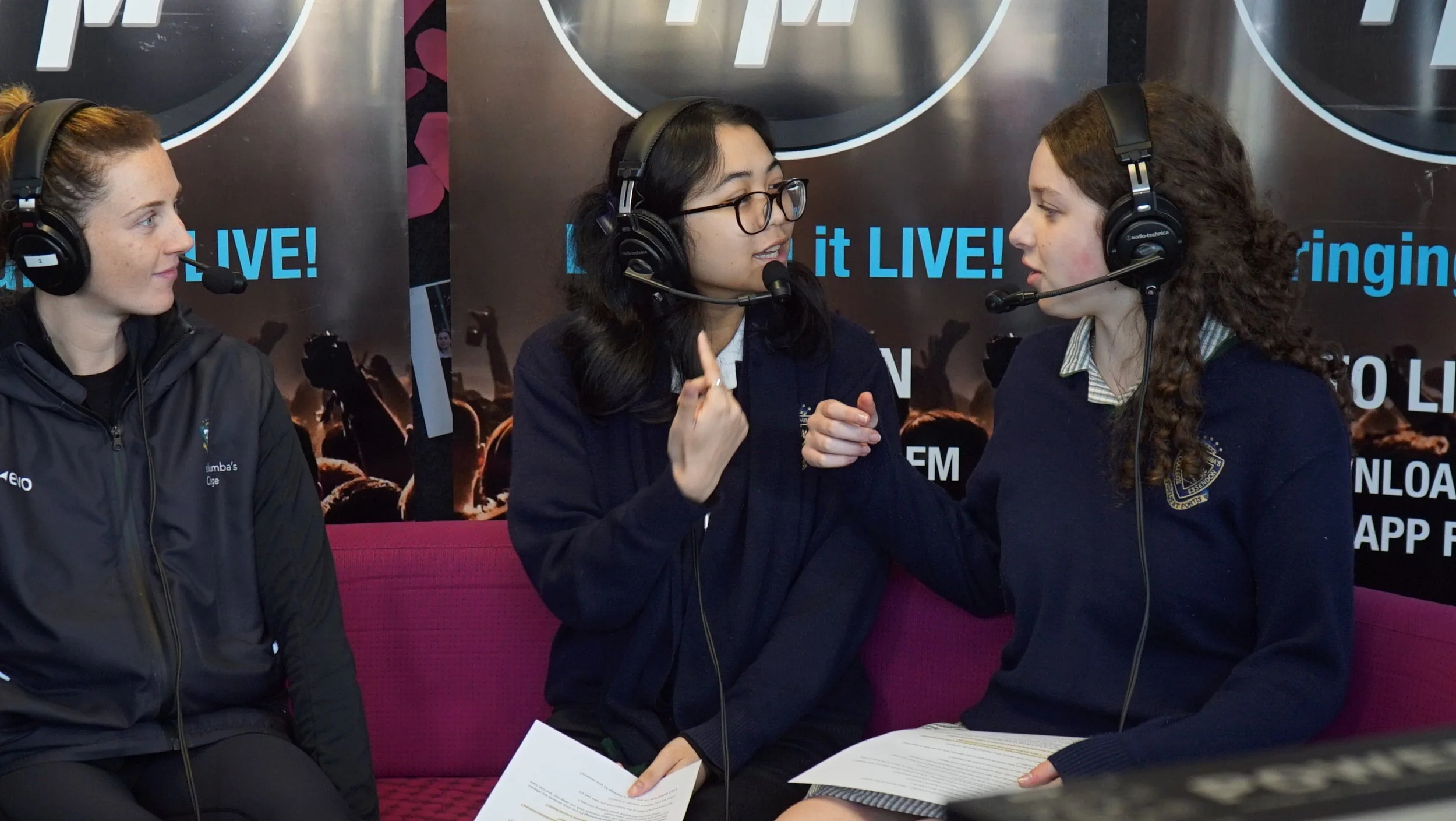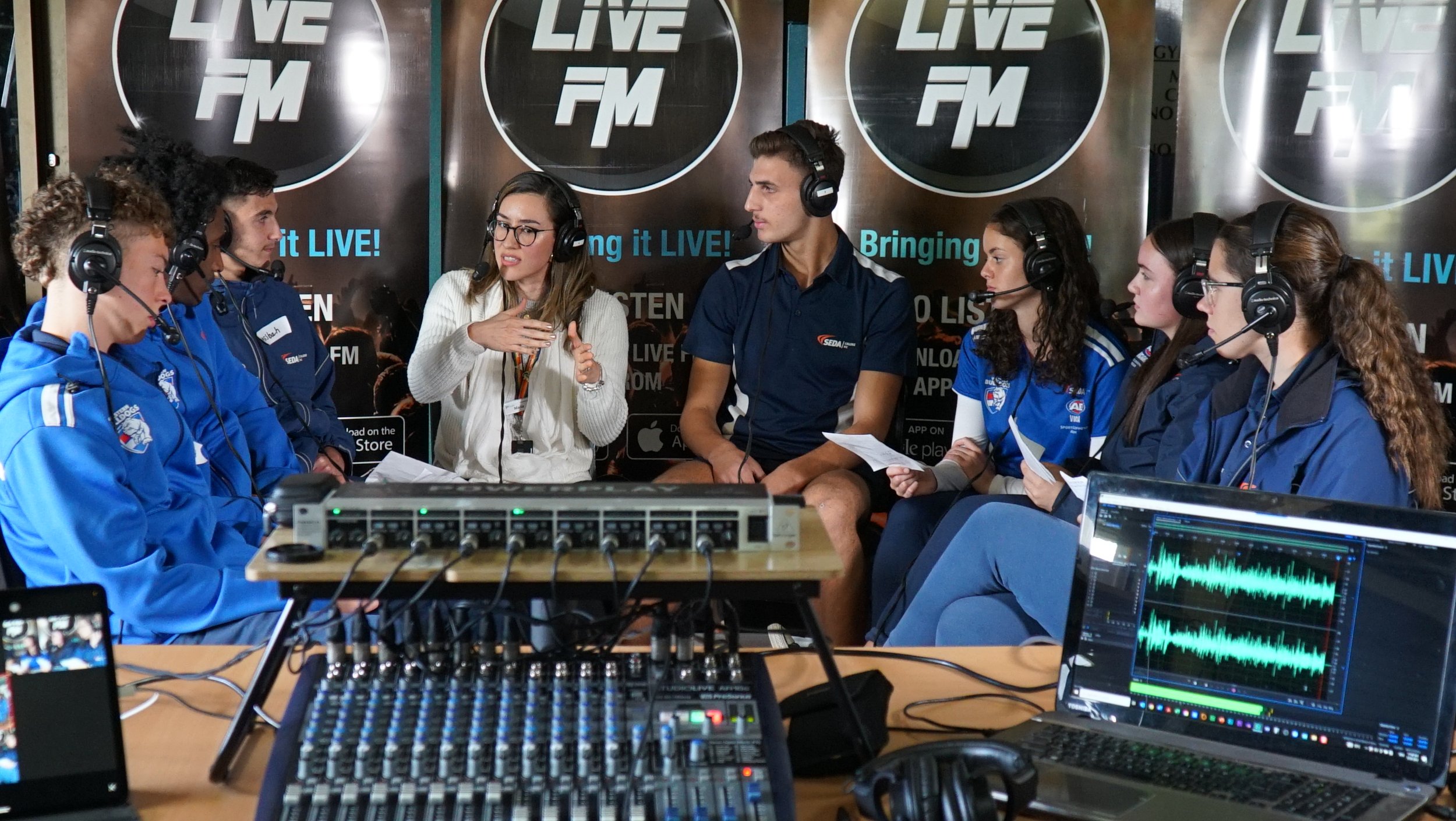In today's interconnected world, understanding and appreciating cultural diversity is more important than ever. As educators, we strive to create learning environments that promote inclusivity and give voice to diverse perspectives. One innovative way to achieve this is through the use of podcasting in the classroom. This digital medium offers students a unique opportunity to explore, present, and promote cultural narratives, fostering a deeper understanding and appreciation of the world's rich tapestry of cultures. This blog explores the various stages of podcasting and how they can be utilized to enhance cultural sharing within the school and the broader community.
Production: Exploring Cultural Themes
The initial phase of podcast production involves selecting topics and conducting research, making it an ideal opportunity for students to delve into cultural stories, histories, and traditions. By choosing to focus on cultural themes, students embark on a journey of discovery, learning about different ways of life, belief systems, and societal norms. This exploration not only broadens their knowledge but also cultivates empathy and respect for diversity. Encouraging students to research and share stories from a variety of cultures, including their own, promotes a multicultural dialogue right from the start.
Producing: Collaborative Creation
Producing a podcast requires students to collaborate, often bringing together diverse viewpoints and experiences. This collaborative process can itself be a form of cultural exchange, as students learn to navigate and blend different cultural perspectives into their podcast. By working together, students can create episodes that are richer and more nuanced, reflecting a genuine understanding of the cultural topics they are exploring. This phase of podcasting teaches students the value of teamwork and diversity, highlighting how different insights and backgrounds can enhance creative projects.
Presenting: Giving Voice to Diversity
Presenting a podcast allows students to share the cultural stories and insights they've uncovered with a wider audience. This can be an empowering experience, especially for students from underrepresented cultures, as it gives them a platform to share their heritage and perspectives. Presenting cultural narratives through podcasting can help break down stereotypes and challenge misconceptions, fostering a more inclusive and understanding school community. Moreover, by using their voices to highlight cultural diversity, students learn to become advocates for multiculturalism and inclusivity.
Promoting: Engaging the Community
Promoting their podcast to the school and local community extends the reach of students' cultural explorations, inviting others to engage with and learn from the cultural content they've created. Through social media, school newsletters, and community events, students can draw attention to their podcast, encouraging a broader dialogue about cultural diversity. This stage of podcasting not only amplifies the voices of students but also promotes cultural awareness and appreciation among a wider audience. It shows students the impact they can have by sharing and celebrating cultural stories, fostering a sense of global citizenship.
The Impact of Cultural Sharing Through Podcasting
Podcasting offers a powerful medium for cultural sharing, providing students with the tools to explore, create, present, and promote diverse cultural narratives. Through each stage of the podcasting process, students engage in meaningful learning experiences that enhance their understanding of cultural diversity and its importance. By giving students the opportunity to share cultural stories, educators can foster an environment of empathy, respect, and inclusivity, preparing students to navigate and appreciate the multicultural world in which we live.
Conclusion
Incorporating podcasting into the curriculum as a means of promoting cultural sharing is not only innovative but also deeply impactful. It empowers students to become active participants in the cultural dialogue, enriching their learning and the community at large. As educators, we have the responsibility and the privilege to encourage these voices, helping to build a more understanding, inclusive, and diverse society. Let's tune into diversity together, leveraging the power of podcasts to celebrate and share the wealth of cultures that surround us.
Ralph Barba
LIVE FM Executive Producer & former teacher
For more information email:






